Anyone who knows me knows that I love talking medicine. As a physician assistant, it's my role to educate and expand knowledge on medical topics. You may have recently heard about a medical condition called Eastern Equine Encephalitis, or EEE, in the news. EEE is garnering national headlines as the number of confirmed cases rises across the United States. Once acquired there is no cure, and individuals often suffer brain damage or death. Even though the hot summer season in which mosquitoes thrive has come to an end, health officials still encourage implementing preventive measures to reduce the transmission of EEE.
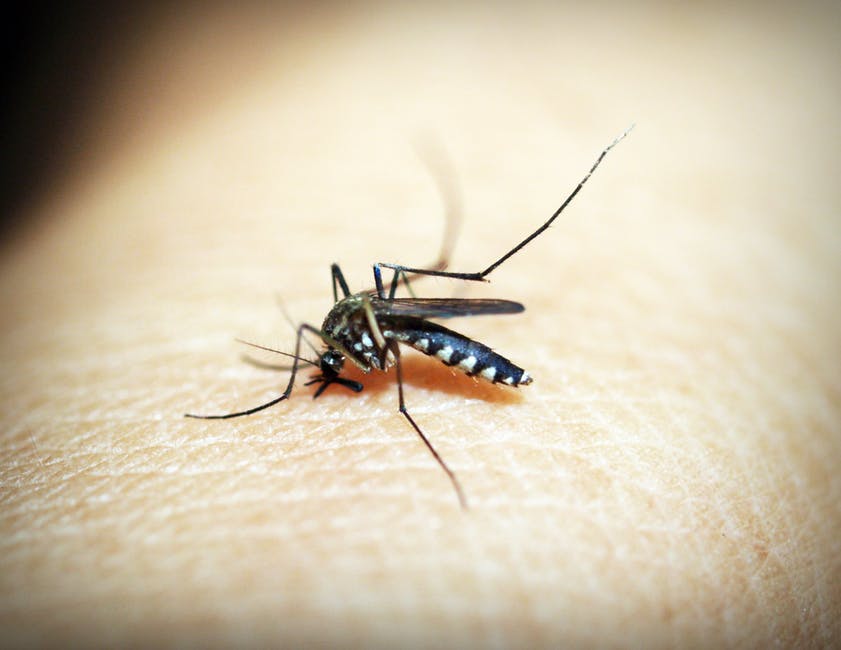
So, what is EEE anyways?
The Eastern Equine Encephalitis virus (EEEV) is a mosquito-borne virus that’s transmitted to humans through mosquito bites. Not all mosquitoes are carriers of EEEV, and the highest transmission to humans occurs around wet, wooded, and swampy areas of the United States. When contracted, this virus can cause a severe form of encephalitis, or inflammation of the brain. The condition is relatively rare, averaging less than 10 reported cases per year in the United States. However, a surge in confirmed EEE cases across 7 states has been observed in 2019, with 11 deaths this year alone.
If you live in or recently traveled to a wet, woodsy area and were bitten by a mosquito, it is important to recognize the symptoms of EEE. These may include constitutional symptoms like fever, headache, fatigue, vomiting, muscle aches, and chills. When the neurologic system is compromised, symptoms such as seizures, confusion, altered mental status, and comas have been reported. The Centers for Disease Control and Prevention (CDC) reports that about a third of EEE cases result in death. More information can be found here at the CDC website.
Who's at risk?
According to the CDC, the highest number of cases have been reported in woodsy, swampy areas around the Atlantic and Gulf Coast states. Individuals who live in and around these areas, and those who perform extensive work or outdoor hobbies in these environments are at the highest risk of EEE.

What can we do to prevent EEE?
There is no way to prevent the development of EEE after a bite from an infected mosquito. Therefore, prevention of mosquito bites is of utmost importance when spending time outdoors. Here are some general tips for keeping those pesky mosquitoes away:
- Wear clothing that protects your skin including long sleeved shirts, full length pants, and high socks
- Treat your outdoor clothing with a mosquito repellent prior to wear
- Prevent formation of stagnant water: Mosquitoes reproduce and lay eggs in still pools of water. Regularly dump out any bird baths, old tires, flower pots, and other items that accumulate water around your home
- Use window and door screens to prevent mosquitoes from entering your home
- Use mosquito nets when camping outdoors
- Utilize products designed for mosquito control to reduce the mosquito population around your home: This includes traps, repellents, bug zappers, and insecticides
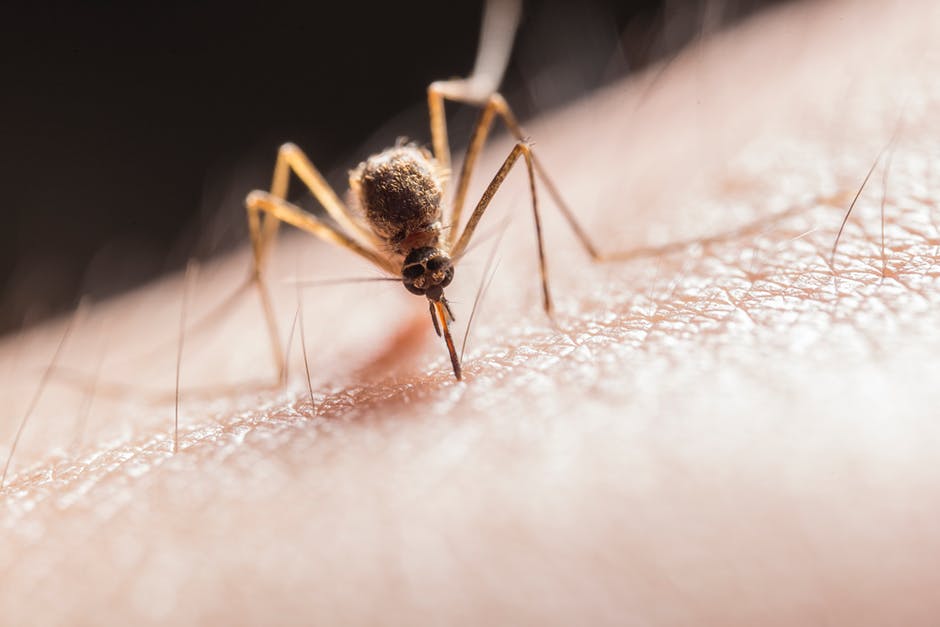
Mosquito Control Equipment
There are several mosquito control products available here at Northline Express. Each product works in a different way and targets varying parts of the mosquito life-cycle. Take a look at our line of products and see how you can reduce the number of mosquito pests around your home.
- Eliminate immature mosquitoes with larvacides: Mosquito Dunks and Mosquito Bits are products that are added directly to standing water sources. Both products release a specific bacterium into the water, which kills the larvae and prevents them from reaching adulthood. They may be added to ornamental ponds with no harmful effects to the fish or plants in the waters. Mosquito Dunks are sold in a 20-pack and are effective for up to 30 days. Mosquito Bits are sold in a 30-oz container and are effective for up to 2 weeks. Additional information on these products can be seen here.
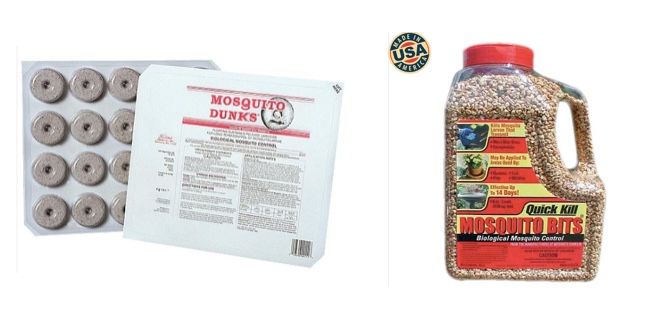
- Eliminate adult mosquitoes in areas of high volume breeding with mosquito traps: Stationary traps attract mosquitoes, trap them in a containment area, and kill them. Traps should be placed approximately 30 feet away from your living area. SkeeterVac is great for outdoor mosquito control and is available in several models that provide varying acreages of coverage. Dynatrap offers models for both indoor and outdoor mosquito control. The indoor Dynatrap is extremely safe and allows mosquitoes to die naturally once trapped. Mega Catch PRO 900 Premier XC trap is great for small to medium sized yards and requires a power cord. Flylight insect traps are perfect for indoor mosquito control - just plug into an outlet and the trap utilizes noiseless UV light for extermination. Replacement UV bulbs are also available for purchase.
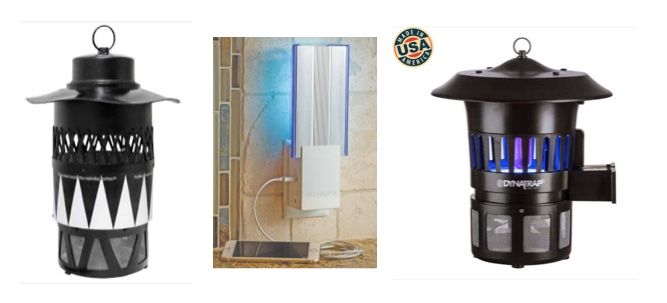
- Eliminate mosquitoes in large plots of land and in stagnant water pools with mosquito repellents: Mosquito Barrier consists of all natural, 100% garlic extract that serves as an effective mosquito control for up to 30 days. Mosquito Barrier is sold in both quart and gallon sized containers. Simply mix the Mosquito Barrier with water in a canister-type sprayer and spray evenly on the desired area (garden hose-end sprayers may be used, however, are not recommended). Note: If the product is being used on standing water, the addition of liquid soap and either soybean or canola oil will increase efficacy of the product. Addition of oil will allow the Mosquito Barrier solution to sit on top of the standing water and target mosquitoes in the larval stage. Addition of liquid soap will aid the garlic and soybean/canola oil to improve the incorporation of the oils into the standing water. Get more bang for your buck - Mosquito Barrier is also an effective repellent for ticks, fleas, red fire ants, grass hoppers, gnats, geese, armadillos, birds, deer, and rabbits! Specific mixing instructions for Mosquito Barrier can be seen here.
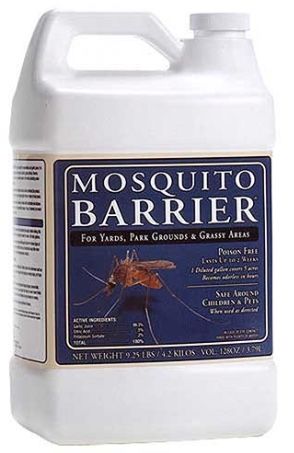
Be smart when spending time outdoors in the upcoming autumn season. Even though summer has come and gone, mosquitoes are still active and ready to be a nuisance! Do your part in preventing mosquito bites - it’ll save you a lot of time itching and may even save your life!
More information on mosquito control and our available products can be found here.
For more information on EEE, including FAQ, epidemiology, and supported medical information, please visit the CDC here.
Have questions or concerns? Please give us a call toll free at 1-877-734-2458.







